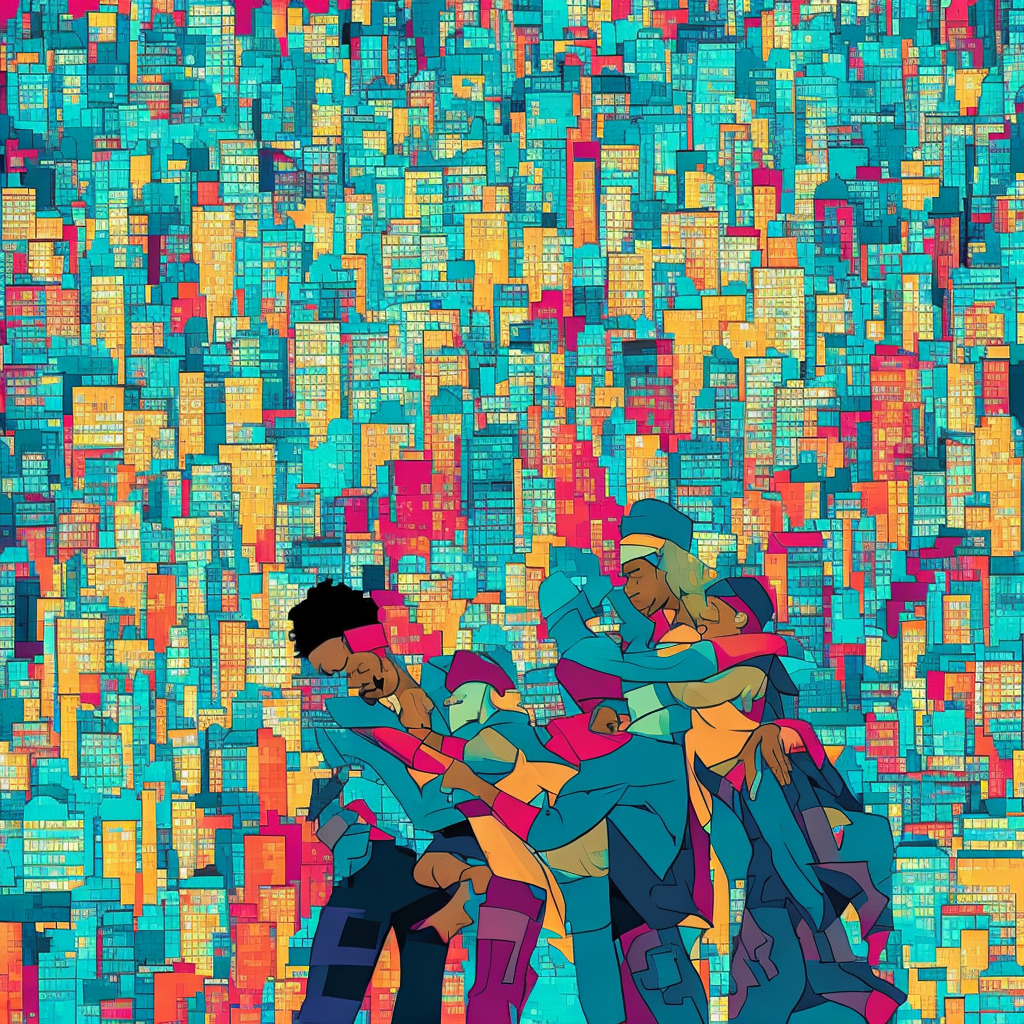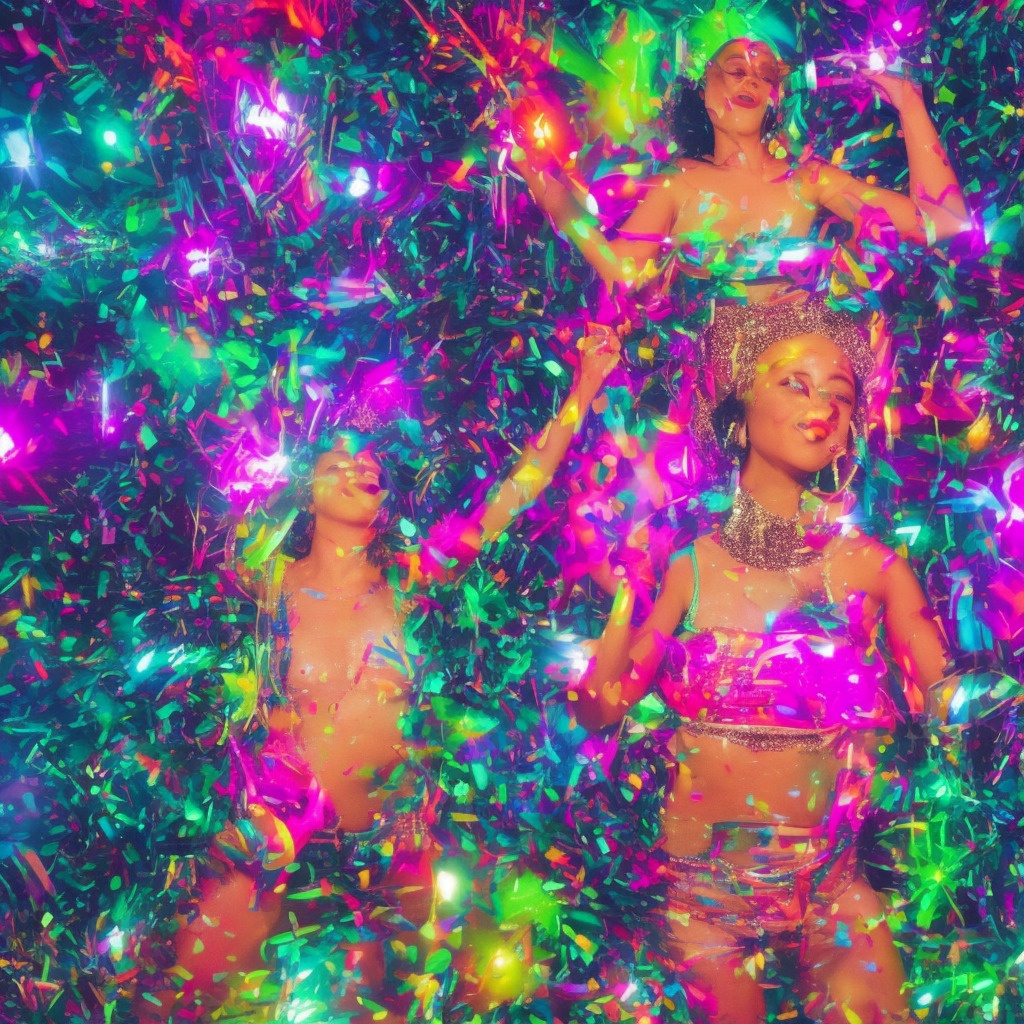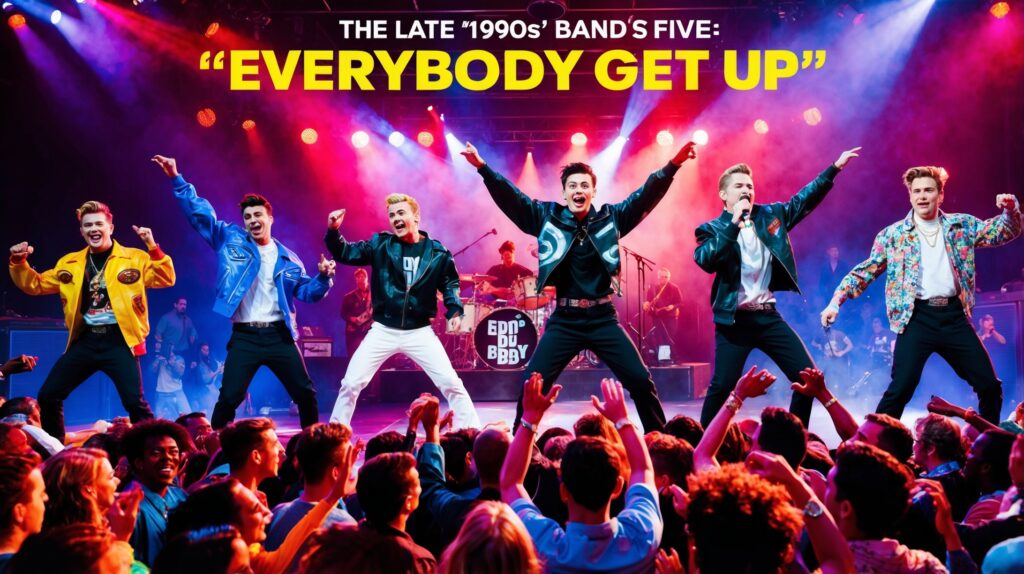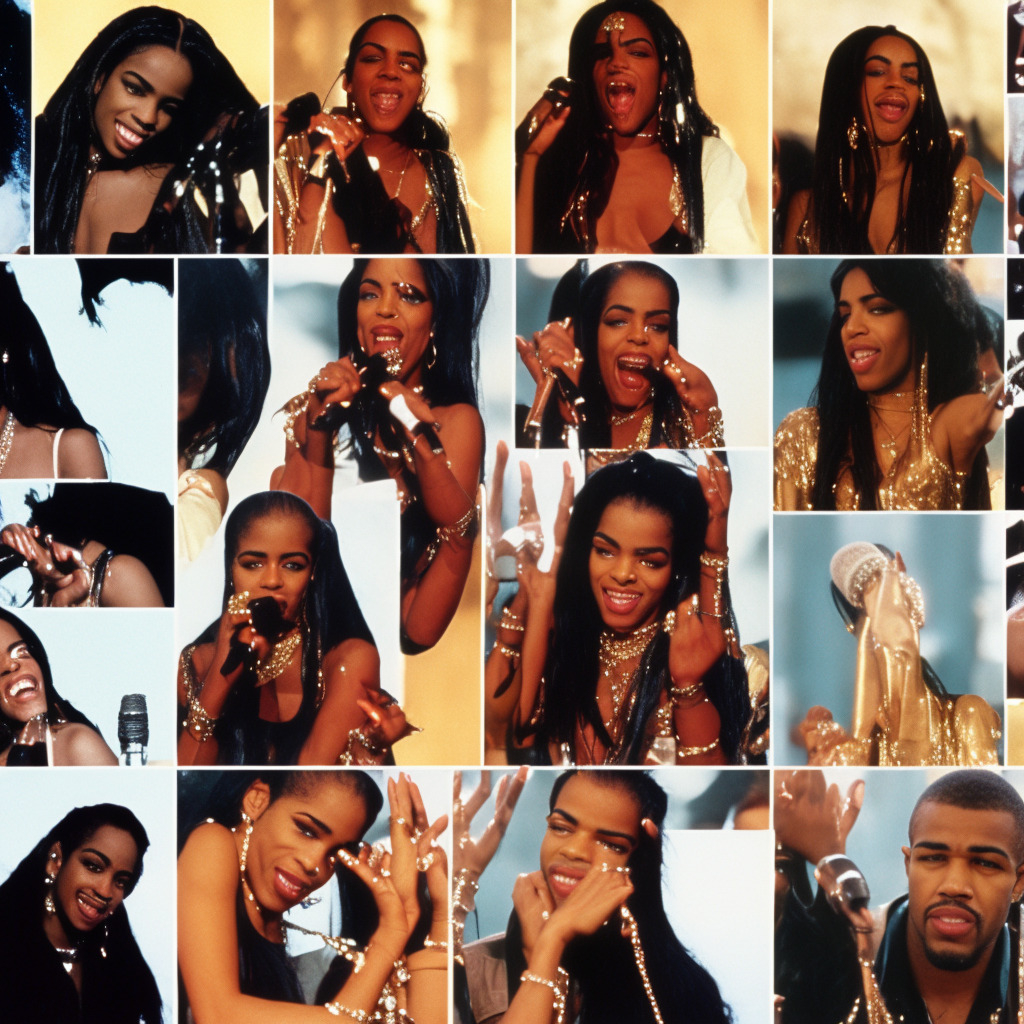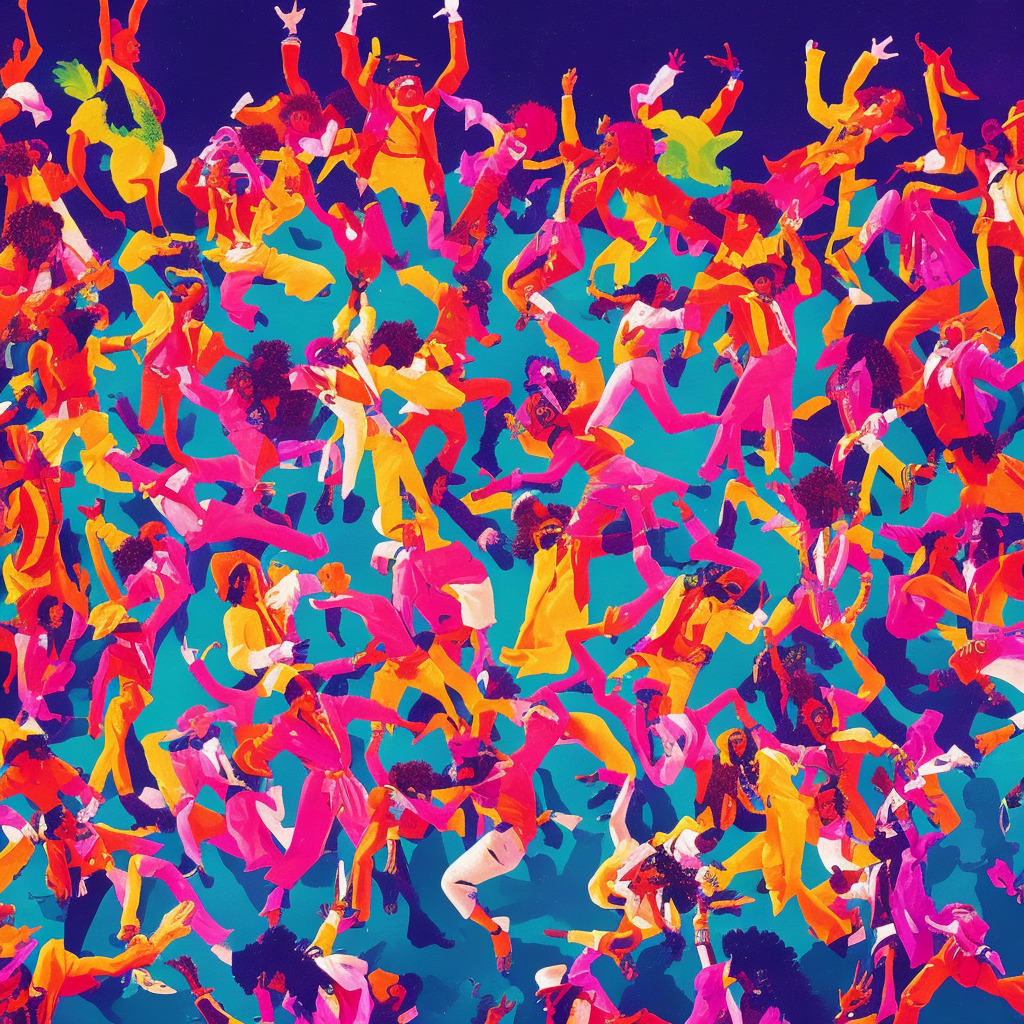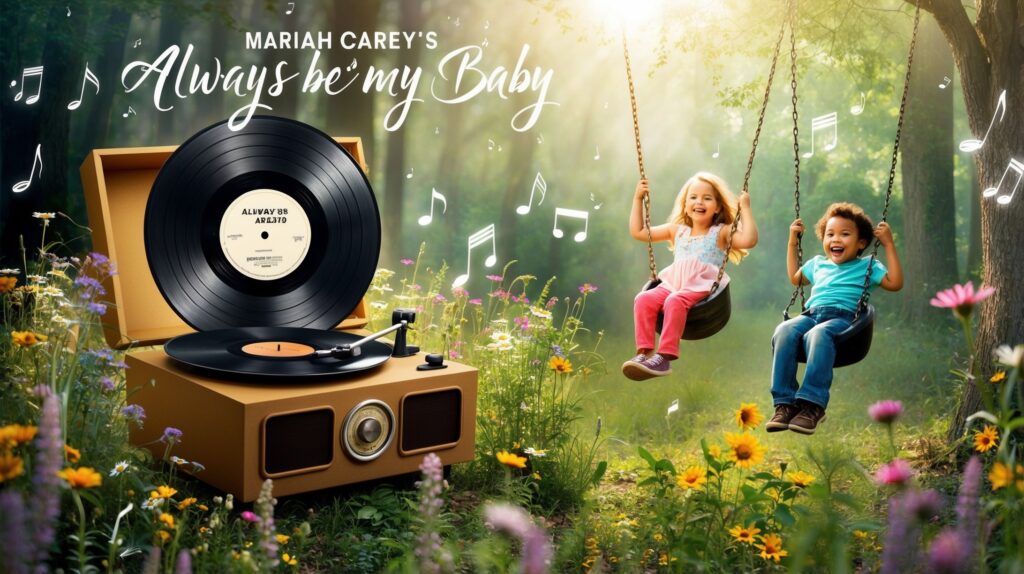🎶 Did you know? Method Man’s “I’ll Be There for You/You’re All I Need to Get By” ft. Mary J. Blige snagged a ’95 Grammy! 🏆 A true hip-hop R&B gem! 🌟 #MethodMan #MaryJBlige #90sHipHop #FunFact #MusicTrivia Read about it: tinyurl.com/4rxbbb86
When Two Powerhouses Collaborate: Unpacking the Magic of Method Man’s Iconic Single
Hip-Hop Meets Soul: Method Man & Mary J. Blige unite, creating an unforgettable anthem of love, loyalty, and a touch of nostalgia.
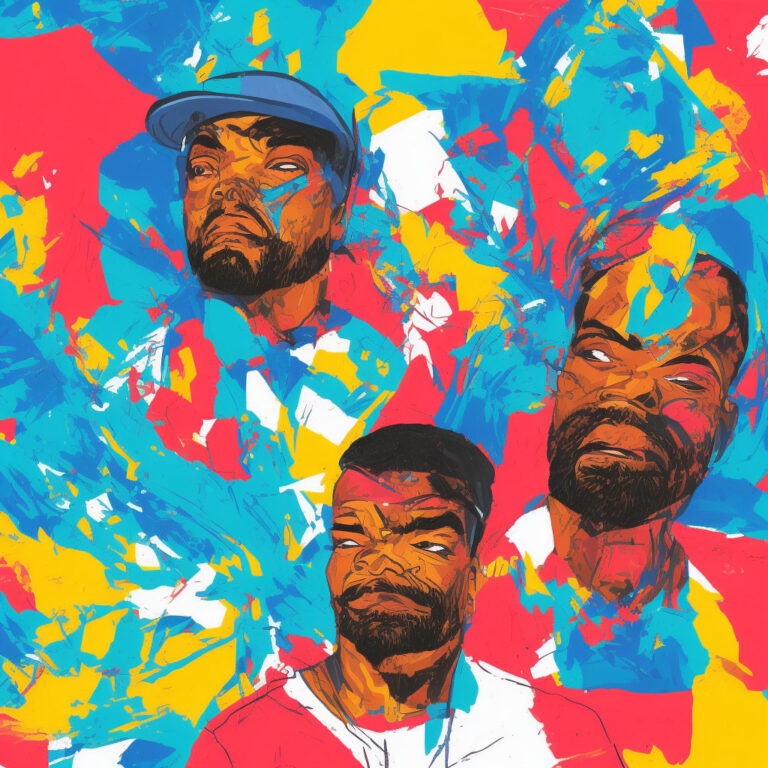
Method Man, a founding member of the legendary Wu-Tang Clan, has not only made a name for himself in the world of hip-hop but also in the realms of acting and various media ventures. Born Clifford Smith Jr. in Hempstead, Long Island, his career took off when the Wu-Tang Clan burst onto the scene in 1993 with their debut album “Enter the Wu-Tang (36 Chambers).” Method Man quickly stood out from the group, thanks to his unique voice, charisma, and infectious energy.
One of Method Man’s most memorable singles, “I’ll Be There for You/You’re All I Need to Get By,” featuring R&B singer Mary J. Blige, is a testament to his versatility as an artist. Released in 1995 as part of his debut solo album “Tical,” the track showcased a softer side of Method Man while still maintaining his gritty, streetwise persona.
“I’ll Be There for You/You’re All I Need to Get By” is a seamless blend of hip-hop and R&B, with Method Man’s raw, heartfelt verses, coupled with Mary J. Blige’s soulful vocals, conveying a powerful message of love and loyalty. The single samples Marvin Gaye and Tammi Terrell’s 1968 hit “You’re All I Need to Get By,” which adds a touch of nostalgia and reinforces the track’s theme of unwavering commitment. The song’s innovative production, credited to RZA, another founding member of Wu-Tang Clan, helped elevate it to classic status.
Despite its widespread commercial success and critical acclaim, “I’ll Be There for You/You’re All I Need to Get By” is not without its flaws. Some critics argue that the song leans too heavily on its sample and draws attention away from Method Man’s lyrical prowess. Others feel that the song’s commercial appeal marked a departure from the Wu-Tang Clan’s signature sound and underground roots.
Nevertheless, “I’ll Be There for You/You’re All I Need to Get By” has stood the test of time and remains a fan favorite, even earning Method Man and Mary J. Blige a Grammy Award for Best Rap Performance by a Duo or Group in 1996. With its undeniable chemistry and masterful artistry, the single not only solidified Method Man’s status as a solo artist but also paved the way for future collaborations between hip-hop and R&B acts.
Charting the Success of a Hip-Hop Classic
Chart-topping collab “I’ll Be There for You/You’re All I Need to Get By” solidifies its hip-hop legacy with a blend of raw rapping, soulful vocals, and undeniable chemistry.
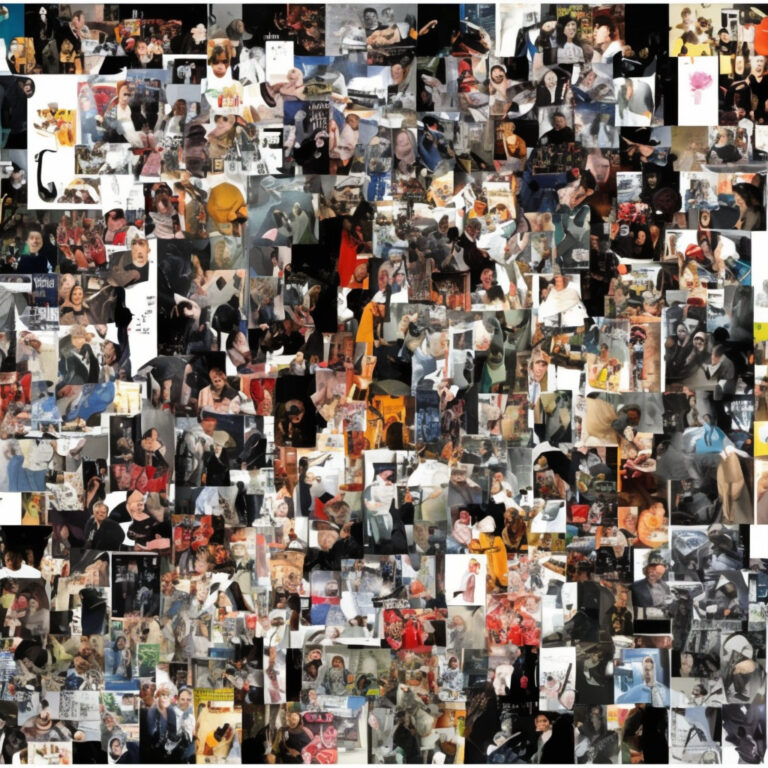
When “I’ll Be There for You/You’re All I Need to Get By” by Method Man featuring Mary J. Blige was released on April 25, 1995, the hip-hop world had no idea they were about to witness the birth of a timeless classic. This incredible collaboration, blending Method Man’s raw rapping skill with Mary J. Blige’s soulful vocals, turned out to be a recipe for chart-topping success.
Upon its release, the song initially entered the Billboard Hot 100 chart at a modest position. However, it quickly gained traction and peaked at an impressive No. 3 on June 3, 1995, only a few weeks after its debut. It’s worth noting that this was Method Man’s highest-charting single as a solo artist, which speaks volumes about the impact of the track. The song also dominated the Hot R&B/Hip-Hop Songs chart, where it reigned supreme at the No. 1 spot for three consecutive weeks.
But the accolades didn’t stop there. “I’ll Be There for You/You’re All I Need to Get By” was not only a chart success, but it also received critical acclaim. The song won a well-deserved Grammy Award for Best Rap Performance by a Duo or Group in 1996, further solidifying its place in hip-hop history.
As far as chart trivia goes, it’s interesting to note that “I’ll Be There for You/You’re All I Need to Get By” was so popular that it even outperformed the original version of “You’re All I Need to Get By” by Marvin Gaye and Tammi Terrell. The original song, released in 1968, peaked at No. 7 on the Billboard Hot 100 chart, making the Method Man and Mary J. Blige rendition even more of a standout.
In conclusion, the chart success of “I’ll Be There for You/You’re All I Need to Get By” is undoubtedly a testament to the song’s timeless appeal and the undeniable chemistry between Method Man and Mary J. Blige. This hip-hop classic not only made waves on the charts but also left a lasting impact on the genre as a whole.
Dissecting the Lyrics: A Deep Dive into Relationships and Resilience
Shorty I’m there for you anytime you need me
For real girl, it’s me in your world, believe me
Nuttin make a man feel better than a woman
Queen with a crown that be down for whatever
There are few things that’s forever, my lady
We can make war or make babies
Back when I was nothin
You made a brother feel like he was somethin
That’s why I’m with you to this day boo no frontin
Even when the skies were gray
You would rub me on my back and say “Baby it’ll be okay”
Now that’s real to a brother like me baby
Never ever give my love away and keep it tight aight
And I’ma walk these dogs so we can live
In a fat-ass crib with thousands of kids
Word life you don’t need a ring to be my wife
Just be there for me and I’ma make sure we
Be livin in the lap of luxury
I’m realizing that you didn’t have to mess with me
But you did now I’m going all out kid
And I got mad love to give, you my nigga
The lyrics of “I’ll Be There for You/You’re All I Need to Get By” by Method Man are an ode to love, loyalty, and the resilience of relationships. The song expresses a deep and unwavering commitment to a partner, with lines like “Shorty I’m there for you anytime you need me” and “Never ever give my love away and keep it tight aight.”
As the song was released in 1995, it reflects the spirit of the time, specifically the era’s events and cultural context. The mid-90s were a period of change, with the world experiencing significant shifts in politics, technology, and attitudes towards gender roles. This song’s lyrics can be seen as a response to these changes, with Method Man declaring his loyalty and devotion to his partner in a world that was becoming increasingly uncertain.
The lyrics also touch upon the theme of empowerment, particularly for women who were starting to assert their independence and challenge traditional gender roles. In the line “Queen with a crown that be down for whatever,” the woman is portrayed as a strong, independent figure who can stand by her partner’s side through thick and thin.
Another aspect of the song’s lyrics is the focus on life’s challenges and how a strong, supportive relationship can help one overcome them. This idea is evident in the line “Even when the skies were gray, you would rub me on my back and say ‘Baby it’ll be okay.'” Here, the partner offers a sense of comfort and reassurance, reminding Method Man that together, they can face any challenge.
In conclusion, the lyrics of “I’ll Be There for You/You’re All I Need to Get By” reflect the spirit of the time, touching upon themes like love, loyalty, empowerment, and resilience. They offer a powerful message on the importance of having a supportive partner in a world that is constantly changing and evolving.
A Visual Ode to Love and Loyalty
Igniting the music scene with raw passion, Method Man & Mary J. Blige’s undeniable chemistry in “I’ll Be There for You/You’re All I Need to Get By” transcends time and budget constraints, etching an indelible mark on the hearts of fans.
When it comes to the music video for “I’ll Be There for You/You’re All I Need to Get By,” Method Man and Mary J. Blige brought the heat – both figuratively and literally. Directed by Diane Martel, the music video is a testament to the gritty and passionate nature of the song, showcasing the powerful bond between Method Man and Mary J. Blige.
The video is a blend of black-and-white and color shots, aiming to give an artistic and raw representation of the urban culture that the song is rooted in. The backdrop for the video is a stark, industrial warehouse setting, with flames appearing frequently throughout the shoot. It’s said that Method Man wanted the visuals to mirror the heat of the lyrics and the chemistry between him and Mary.
In fact, one of the most notable aspects of this music video is the undeniable chemistry between Method Man and Mary J. Blige. Their interactions throughout the video range from tender embraces to shared laughter, giving viewers a true sense of the deep bond between them. This on-screen connection helped solidify “I’ll Be There for You/You’re All I Need to Get By” as one of the greatest love songs of its time.
Despite not having a massive budget, the music video for “I’ll Be There for You/You’re All I Need to Get By” managed to make a lasting impact on the music scene. Diane Martel’s artistic vision combined with the raw talent of Method Man and Mary J. Blige resulted in a music video that stands the test of time.
And while an official high-budget video never manifested, the song’s popularity has led to numerous fan-made videos and YouTube tributes that showcase the strength and longevity of the track. These fan creations range from personal interpretations of the video to heartfelt montages of couples and loved ones – demonstrating the immense impact of Method Man’s lyrics and Mary J. Blige’s soulful voice on the hearts of their fans.
The Man Behind the Method
Diving deeper into the creative mastermind behind “I’ll Be There for You/You’re All I Need to Get By,” we find none other than Clifford Smith Jr., professionally known as Method Man. A prominent member of the world-renowned hip-hop collective Wu-Tang Clan, Method Man has been closely associated with the group’s groundbreaking elements and unique sound. He has penned numerous chart-topping tracks throughout his illustrious career, showcasing his wide-ranging talents as a lyricist, producer, and performer.
One of his most notable compositions is the introspective “All I Need,” which went on to win a Grammy Award for Best Rap Performance by a Duo or Group, further solidifying Method Man’s position among the legends of the music industry. His collaborations with fellow Wu-Tang members, particularly on songs like “C.R.E.A.M.,” have also garnered widespread acclaim and continue to influence generations of hip-hop artists. As we celebrate the genius behind “I’ll Be There for You/You’re All I Need to Get By,” let us also appreciate the sheer breadth of Method Man’s exceptional musical legacy.
Awards, Accolades, and Appearances
“I’ll Be There for You/You’re All I Need to Get By”: A Grammy-winning hip-hop & R&B classic with timeless appeal, transcending genres and generations.
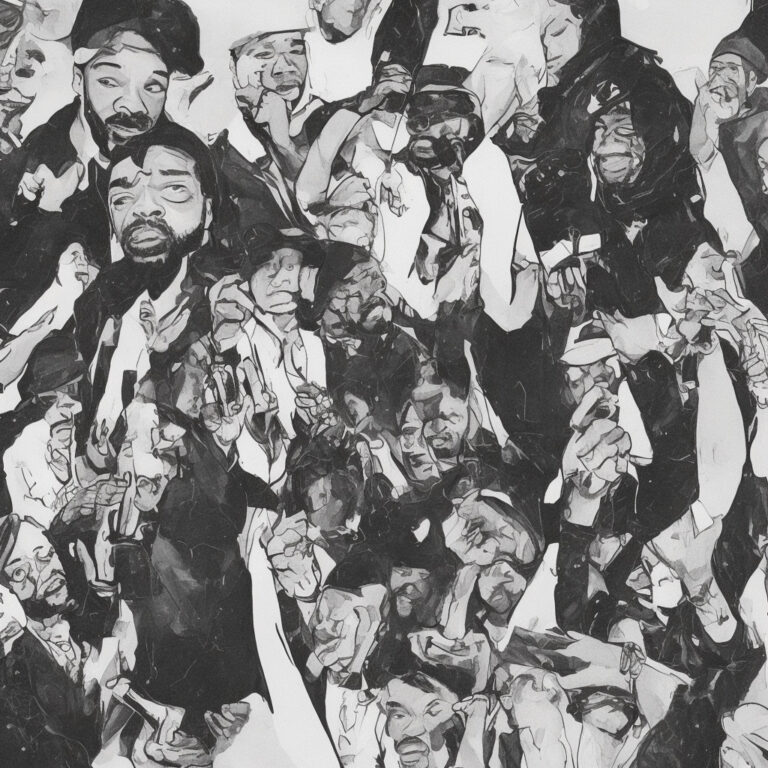
“I’ll Be There for You/You’re All I Need to Get By” by Method Man featuring Mary J. Blige quickly became a standout track from Method Man’s debut solo album, “Tical” (1994). The song seamlessly mixed hip-hop and R&B elements and showcased the undeniable chemistry between the two artists.
The song’s immense popularity and lasting impact didn’t go unnoticed, as it received numerous awards and accolades over the years. In 1995, the song won the esteemed Grammy Award for Best Rap Performance by a Duo or Group, emphasizing its significance within the music industry. It also won the award for Best R&B/Soul Single, Group, Band, or Duo at the 1995 Soul Train Music Awards. The single reached No. 3 on the Billboard Hot 100 chart and No. 1 on the Hot Rap Singles chart, while also claiming the top spot on the Hot Dance Music/Maxi-Singles Sales chart.
Throughout the years, “I’ll Be There for You/You’re All I Need to Get By” has made its mark in various media outlets. The song has been widely used in TV shows and movies, such as “Notorious,” “Luke Cage,” and “Girlfriends.” It was also featured in a TV commercial for the video game “Grand Theft Auto: Liberty City Stories.”
The song’s immense success has led to numerous artists creating their own renditions of the iconic track. The American rock band The Afghan Whigs covered the song during a 1996 performance on MTV, giving it a unique, grunge-infused spin. In 2003, the British group Sugababes sampled the song for their hit single “Round Round,” proving the song’s timeless appeal. Additionally, neo-soul singer-songwriter Marsha Ambrosius delivered a soulful rendition during a 2011 performance in London, paying tribute to the track’s R&B roots.
As part of the hip-hop and R&B landscape, “I’ll Be There for You/You’re All I Need to Get By” has certainly earned its place among the greats, as its legacy continues to live on through its numerous awards, media appearances, and cover versions.
Dissecting the Musical Elements
Diving into the musical structure of “I’ll Be There for You/You’re All I Need to Get By,” we find a seamless blend of hip-hop and soul that creates an infectious groove. The song is primarily in the key of G minor, which lends it a moody and slightly dark atmosphere. This tonal choice complements the romantic yet gritty lyrics that Method Man delivers throughout the track.
The chord progression is relatively simple, following a i-IV-VI-VII pattern (Gm-C-Dm-F) that allows the song to maintain a consistent flow. This straightforward progression also provides a solid foundation for the melody and allows Method Man’s rapping to take center stage. The tempo is set at a moderate pace of approximately 95 beats per minute, which contributes to the laid-back vibe of the song.
One of the most notable aspects of this track is its use of sampling. The song samples the 1968 hit “You’re All I Need to Get By” by Marvin Gaye and Tammi Terrell, reimagining the soul classic as a modern hip-hop anthem. The sampled vocals are looped throughout the track, adding a nostalgic and emotionally resonant layer to the song. Additionally, the drums and bass are sampled from Al Green’s “Love and Happiness,” providing a groovy backbone to the arrangement.
The production on this track is another crucial element, with RZA of the Wu-Tang Clan handling the beat-making duties. RZA’s signature sound, characterized by its gritty and raw aesthetic, is evident throughout the song. The beat is comprised of a simple yet effective combination of drums, bass, and piano, with the latter instrument providing a melodic counterpoint to the rapping and sampled vocals.
In terms of song structure, “I’ll Be There for You/You’re All I Need to Get By” follows a fairly standard verse-chorus-verse format, with Method Man delivering two lengthy verses and the sampled chorus appearing between them. The song concludes with a final chorus and an outro that features a repetition of the memorable piano motif.
Overall, “I’ll Be There for You/You’re All I Need to Get By” masterfully combines various musical elements and influences to create a timeless hip-hop classic. Its fusion of soulful samples, a moody key signature, and RZA’s raw production allows the song to maintain its appeal even decades after its release.

